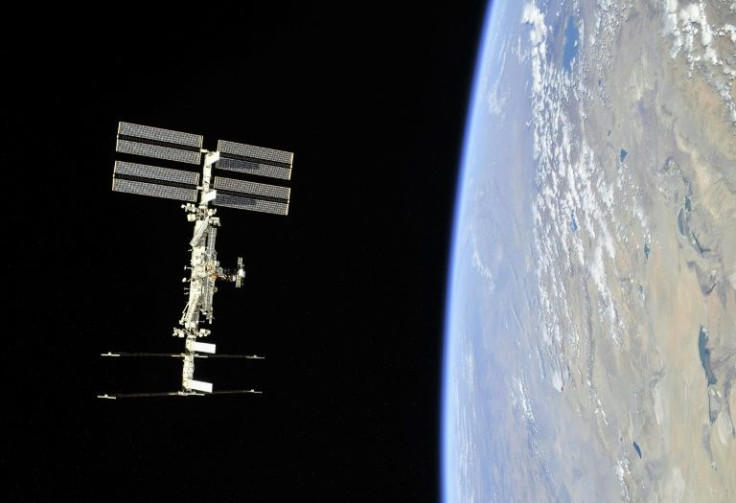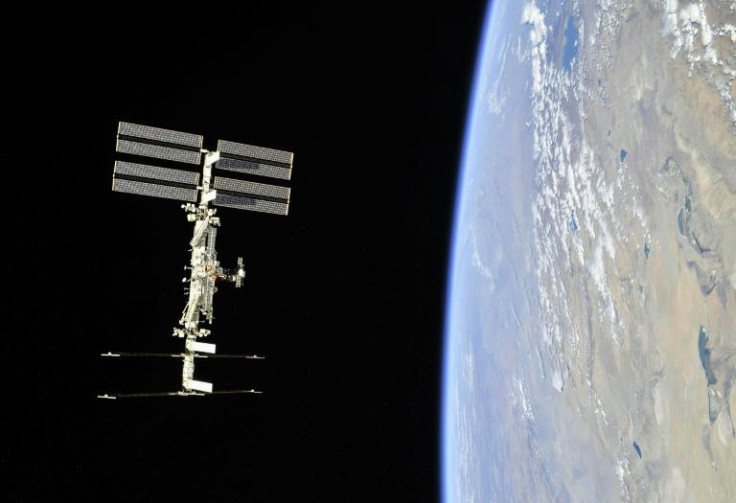Earth Is Spinning Faster, New Record For Shortest Day Is Less Than 24 Hours

On July 29, the Earth spun the fastest it ever has on record and gave us a day that was less than 24 hours. The rotation along Earth's axis accelerated from the previous record held in 2020.
The faster rotation added extra 1.59 milliseconds to the typical 24-hour day, according to timeanddate.com.
The previous record was on July 19, 2020, when we gained 1.4602 milliseconds.
Despite its appearance, the Earth has been slowing down on account of several successive measurements by atomic clocks since 1973. The International Earth Rotation and Reference Systems Service (IERS) had even started adding leap seconds whenever necessary to make up for the slower spin. This was last done on Dec. 31, 2016.
The reason for its fall in rotation speed is the Moon. Its gravitational pull causes tides, which result in the Earth’s orbital path around the Sun becoming slightly elliptical.
However, the atomic clocks have shown that Earth’s rotation is now speeding up in the last few years. Moreover, we could potentially be experiencing shorter days for the next 50 years.
The 28 shortest days recorded since 1960 were all in 2020. For comparison, the shortest day recorded in 2021 was, in fact, longer than it was in 2020.
While there are no known answers, there are different theories to explain the faster spin. Some blame the "chandler wobble"- the movement of Earth’s geographical poles across its surface while others point to seismic activity or less weight on the poles due to the melting of the glaciers.
The quickening rotation of the earth has consequences on the GPS. Atomic clocks are used in GPS satellites and they don’t take into account the Earth’s changing rotation. If Earth spins faster, then it reaches the same position a little earlier. A difference in half-a-millisecond results in a shift of 26 centimeters of the satellites' position at the equator.
There are also potential effects on smartphones, computers, and communications systems, which synchronize with Network Time Protocol (NTP) servers.
To compensate for these irregularities, it has been suggested to add a negative leap second— a "drop second."

Photo: NASA via AFP / HO






